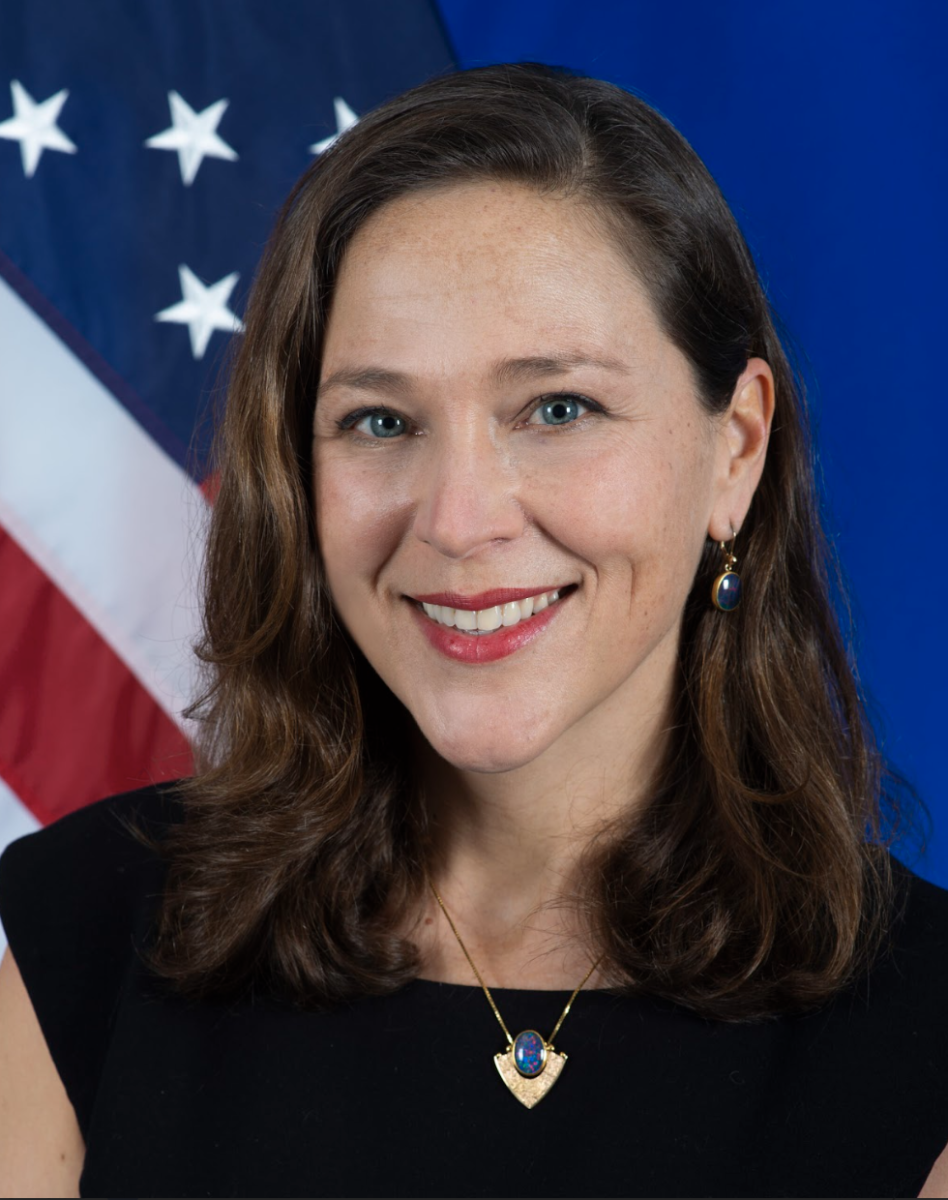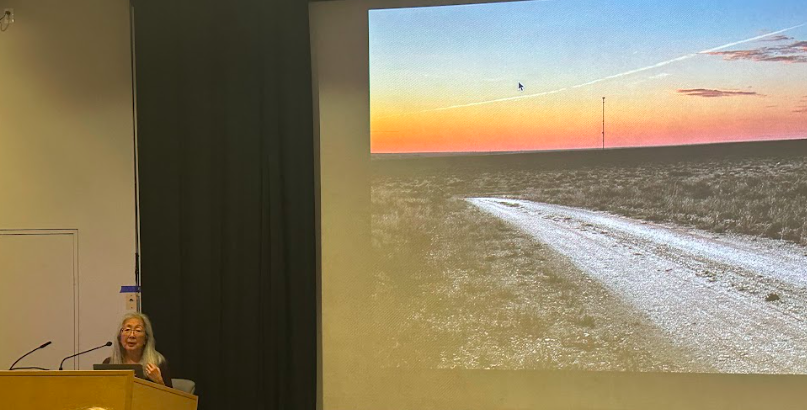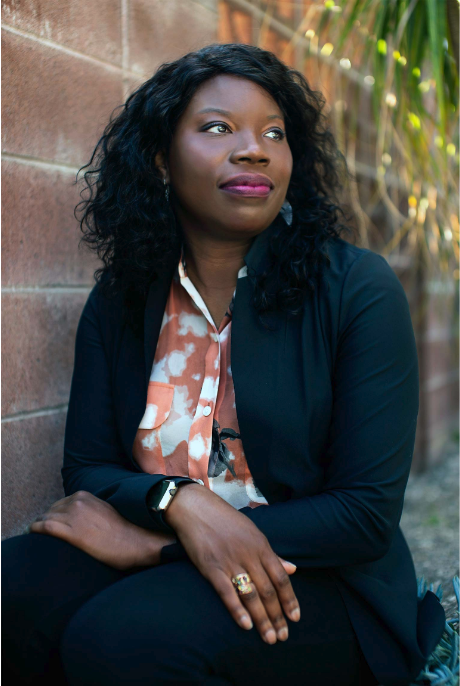On Tuesday, Sept. 17, the economics department hosted its flagship fall event, the Goldman Lecture, with remarks by Professor Emily Blanchard. Professor Blanchard ’97 is currently a professor at Dartmouth’s Tuck School of Business. She has previous experience in economic consulting at the Economics Resource Group and has also taught at the University of Virginia. From January 2022 through November 2023, she was the chief economist at the US State Department, a position which her talk focused on. Titled “Economic Statecraft in the 21st Century: Navigating a Rapidly Changing World,” the lecture’s topics ranged from US industrial policy, sanctions on Russia to the great powers competition between the US and China.
Blanchard began by reflecting on a moment during her senior year at Wellesley when she learned, “I just had to put pen to paper and get the work done. And that’s what I’ve tried to do. I’ve taken that piece of advice and just tried to get the work done for all of these years, a few decades.”
Blanchard said she hoped sharing her experience would allow Wellesley students to “think about how you can do similar things, engage in the world.”
As she provided background on the current global economy, Blanchard discussed a number of external factors affecting how resources are used in the world and how that in turn shapes geopolitics. For example, competition has increased between nations, such as “the growing and intensified great power rivalry between the United States and China.” Additionally, global conflicts and war “have enormous implications for the global economy, and the way the global economy is structured today.” Other important factors she noted included the climate crisis, the COVID-19 pandemic and technological innovation.
“We have layers upon layers of issues that intersect and weave together and build together … What do you do when you take all of this and you’re trying to create international economic policy from the US State Department?” Blanchard said.
In her work as chief economist at the State Department Blanchard often had to work to resolve provisions in some pieces of legislation that would lead to unintended or controversial spillover effects. She highlighted three pieces of legislation that had such effects: the bipartisan infrastructure bill, the CHIPS and Science Act and the Inflation Reduction Act. The Inflation Reduction Act aimed to “to develop the green technologies that we need here in the United States today,” yet also contained “a bunch of other provisions that have subsidies that encourage companies to build here, not there.” Blanchard described how policies like these could upset allies and companies from other countries. Her office mitigated the issue by finding “a reading of the legislation that is going to make our lives with decarbonization of EV adoption as fast as possible and not upset our allies.”
Blanchard also described imposing sanctions against Russia as a “huge set of my work …We do not want to support that war in any way, shape or form. So that means don’t send him[Putin] things he needs to execute the war. Obviously military material, missiles, guns, armors, but also all of the military material. What are all those things? Figure it out fast. Do the economics. Figure out what are all the parts that the Russians might need to do that,” she said.
Blanchard highlighted the complex aspects of sanctions involving her office tracking flows of commerce to neighboring countries and Russia’s allies to ensure war materials were not being backdoored into the country. “It’s hard work, and it takes a lot of analytics,” she said.
Finally, Blanchard touched on her career path and “externally valuable lessons from that period.” She described graduating from Wellesley, spending two years in economic consulting, going back to school to earn her PhD then teaching for a number of years before her tenure as Chief Economist. She said while it can be “very tempting to look back at somebody’s resume and say, oh my goodness, that’s so linear,” her path involved numerous indecisions and unexpected opportunities. Her final piece of advice to Wellesley students was to “go through life and your career with that same openness. Just be eager, be curious, go serve. And thank you, because we need you.”
Image credit: state.gov
Contact the editor(s) responsible for this story: Diya Khanna and Phoebe Rebhorn






